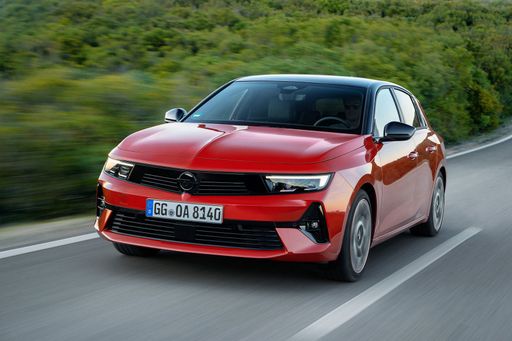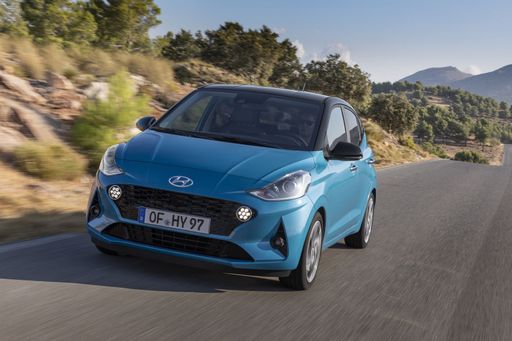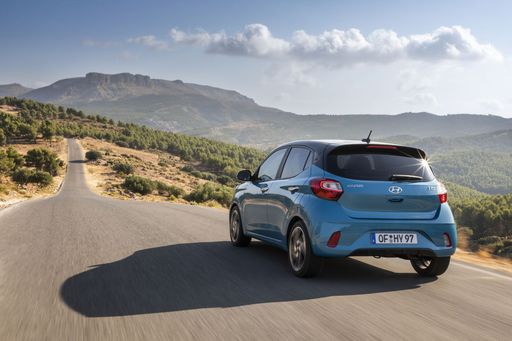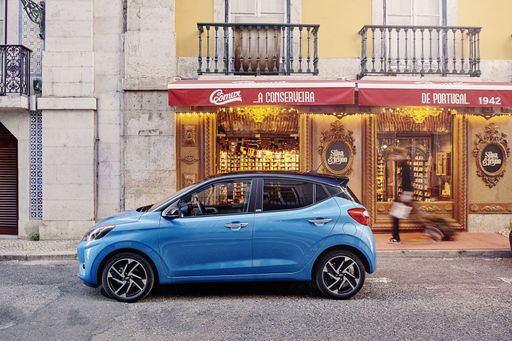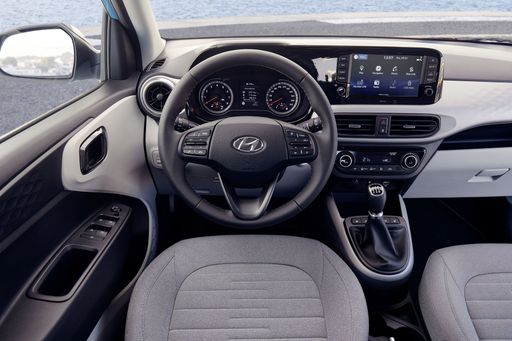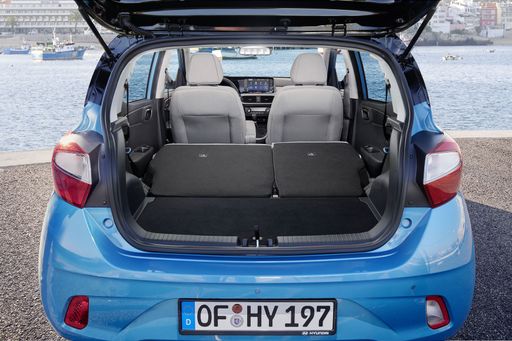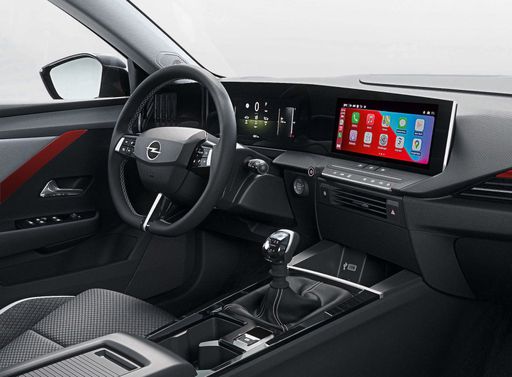Engines & Performance
Hyundai i10 offers a variety of petrol engine options with power ranging from 63 to 90 HP. It accommodates both manual and automated manual transmissions, focusing primarily on front-wheel drive dynamics. The i10 aims at practicality with a balanced approach to power and efficiency, boasting consumption rates between 4.9 and 5.4 L/100km. Acceleration from 0-100 km/h varies from a leisurely 11.4 to 18.4 seconds, depending on the model specification.
The Opel Astra, on the other hand, comes with diverse powertrain options including petrol, diesel, mild hybrid (MHEV), plugin hybrid, and even all-electric variants. Power outputs range significantly from 110 to 225 HP, supported by both manual and automatic transmission choices. For eco-conscious drivers, the hybrid models bring CO2 emissions down to as low as 30g/km, and electric variants provide up to an impressive 418 km of range on a single charge.

